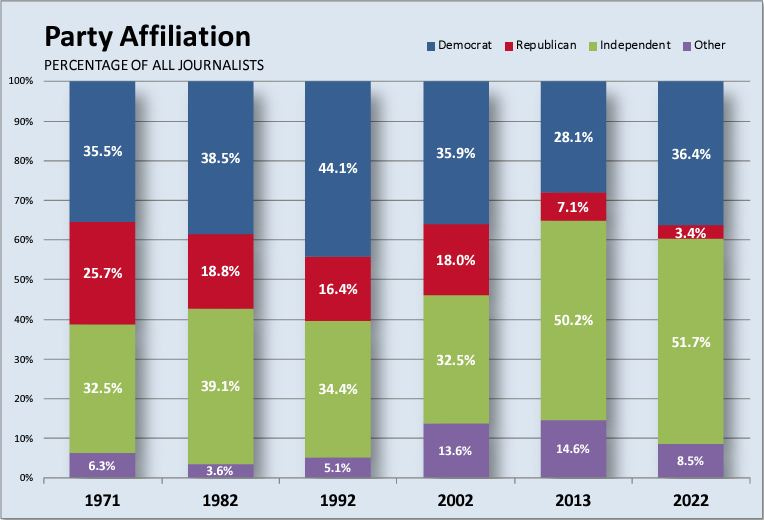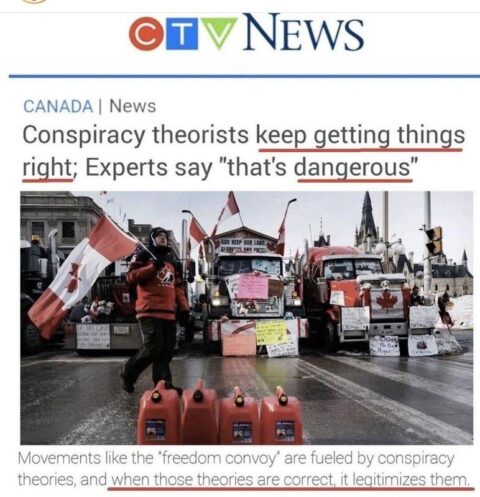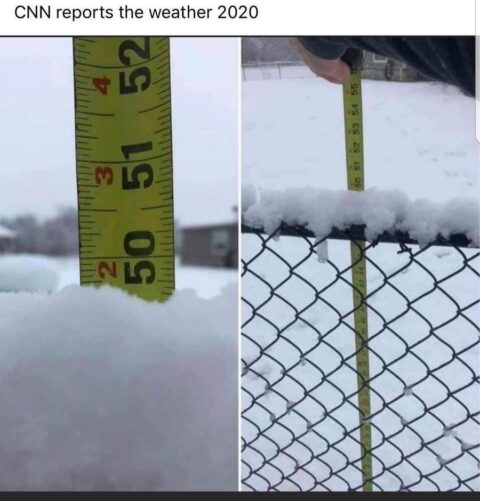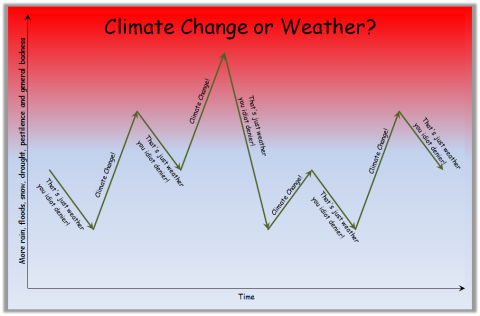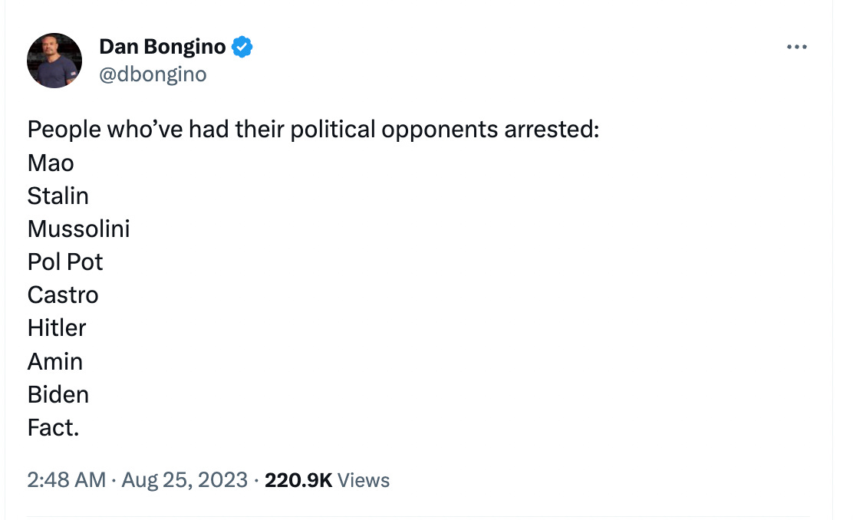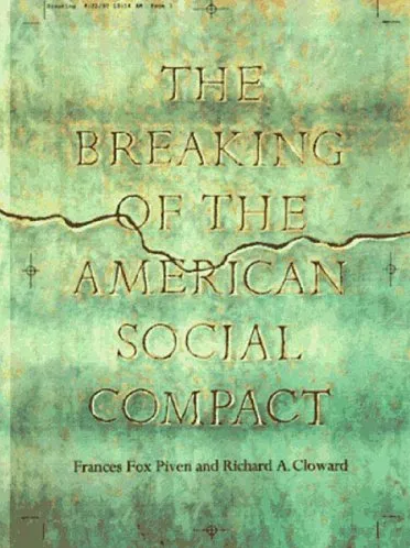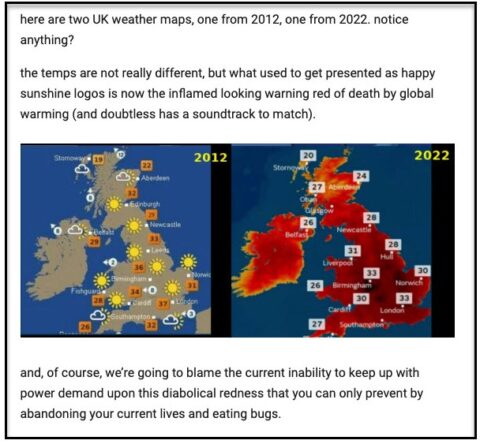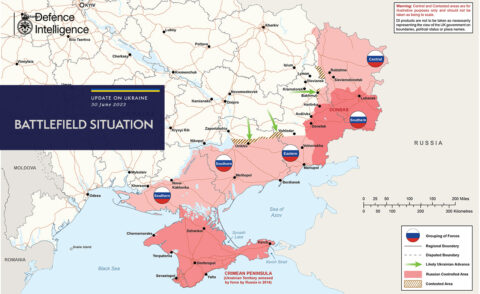One need not spend long in radical or dissident Right discourse to encounter talk of Psy-ops and demoralization campaigns.
Some of this traces back to Yuri Besmenov’s work on subversion, some to speculation about “Operation Mockingbird” type media manipulation schemes, and some to simply obvious symbolic work being done for seeming for no reason except to horrify, offend, “blackpill”, and create a sense of helplessness amongst regime enemies.
One can point to the massive sentences for Jan 6th protestors, the recent charges of Trump (outside any norm or existing political theory or constitutional theory), or most ridiculous: Dystopia Porn news stories.
I recently heard a story repeated by a commentator of a news story of a trans-woman working with doctors to be amongst the first to receive a womb transplant which would allow a biological male to gestate a baby, this person was excited, completing the South Park plotline (seriously 2005 s09e01 “Mr. Garrison’s Fancy New Vagina” look it up), stating that they were excited that they might be the first trans-woman to get an abortion.
Why would the medical establishment play along and at least pretend to enable this obviously malicious and self-destructive wish? Why would the media bother to report such a crazy person’s putrid desire?? This religious commentator could only describe it as “satanic”, and speculated that it was a psy-op meant to break decent people’s will …
Setting aside the question of intention, and whether it wasn’t “just” medical professionals salivating at a paying guinea pig, and the media looking for clicks that aligned with their propaganda …
Why would it demoralize!?
Abortions happen by the hundreds of thousands annually, and the nightmare of the trans-medical process is visited on thousands of souls more sympathetic than this South Parkian weirdo every year … outside of the immediate outrage, such a bizarre one-off intersection of the two is basically of no broader political import … indeed if one is of the social conservative set one has seen rather major political victories on both fronts, with the overturning of Roe vs. Wade and the end of adolescent gender treatment across wide sections of Europe.
And yet for this one-off story of someone saying they would like to do something evil and stupid … you got outrage and horror and many an invocation of “It’s so over”.
What are the point of Psy-ops? What is the goal of demoralization?
Well as a perfidious leaf I am uniquely positioned to tell you, indeed, indeed one might say my country only exists because of the greatest psy-op in human history …
No not anything to do with Trudeau sr. or the liberal government’s corruption and bribery to keep Quebec from leaving …
The founding Canadian Psy-op occurred in 1812 … carried out by the greatest psychological warfare operative in human history, and Canadian national hero:
General Sir Isaac Brock
According to former President Jefferson, the conquest of Canada was to be “just a matter of marching” … indeed it should have been, the woefully outnumbered British Regulars and under-trained Canadian Militia should have been in no position to hold Upper Canada (now Ontario) and by rights should have lost what is now English Canada to American expansion … The defence of Canada depended on keeping America’s superior numbers on the far side of the St Lawrence/Great Lakes waterway bound up and unable to deploy in force for such an invasion …

… a seemingly hopeless task since they already had a beachhead for such an invasion at Fort Detroit (site of the current, well former, major city).
So Brock went on the attack, marching on Detroit with vastly inferior numbers to even the garrison.
His 1300 men of three different nationalities (British, Canadian, and Native) attacked 2500 unified defenders across the massive Detroit River, in a prepared defensive position.
It should have been suicide … he didn’t lose a single man.
Brock dressed his militia in excess redcoat uniforms of British regulars to make it appear as if he had more professionally trained soldiers … then throughout his maneuvers created the illusion that he had vastly more men than his opponent, marching his men in circles to create the illusion from the walls of the fort that he had thousands more than reality.
He then wrote to his opposite general William Hull begging him to surrender, stating that he did not believe he could control his 3000 Indian allies (in reality just 600) and prevent scalping and war crimes once battle broke out.
Hull wrote back asking for three days to arrange the surrender, Brock gave him three hours.
Once surrendered, Hull’s men spat on him seeing the inferior force they had just turned their guns over to.
At a court martial General Hull was sentenced to be shot, however, President Madison commuted his sentence to mere dismissal from the service … beginning a 200+ year-long tradition of US military retreat and lack of accountability.
In 1945 Canadian forces would repeat this obscene tactic at the battle of Zwolle, when soldier Leo Major single-handedly tricked ~1500 German soldiers into believing they were surrounded by superior forces and retreating.


